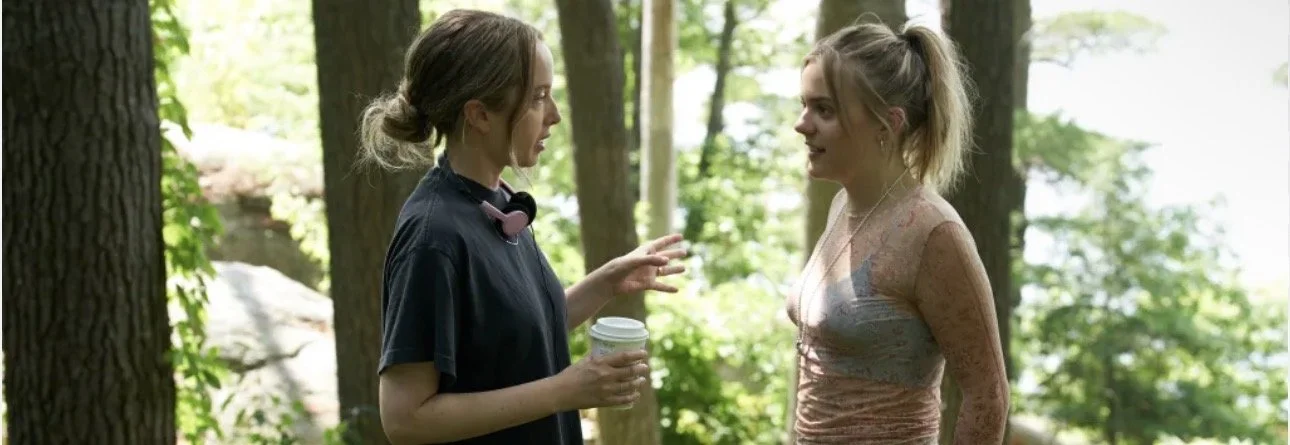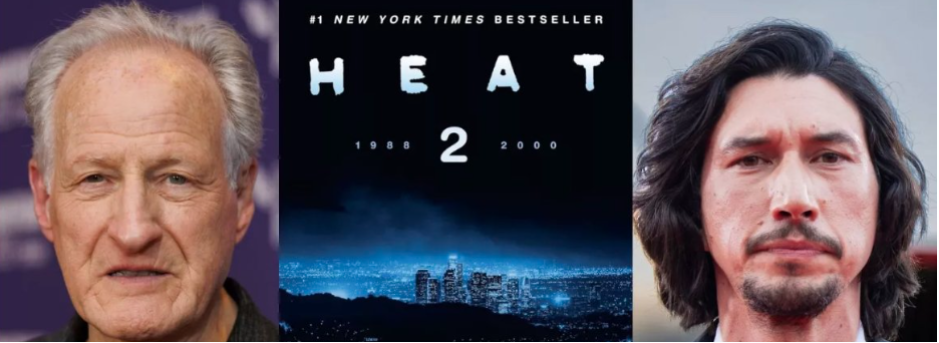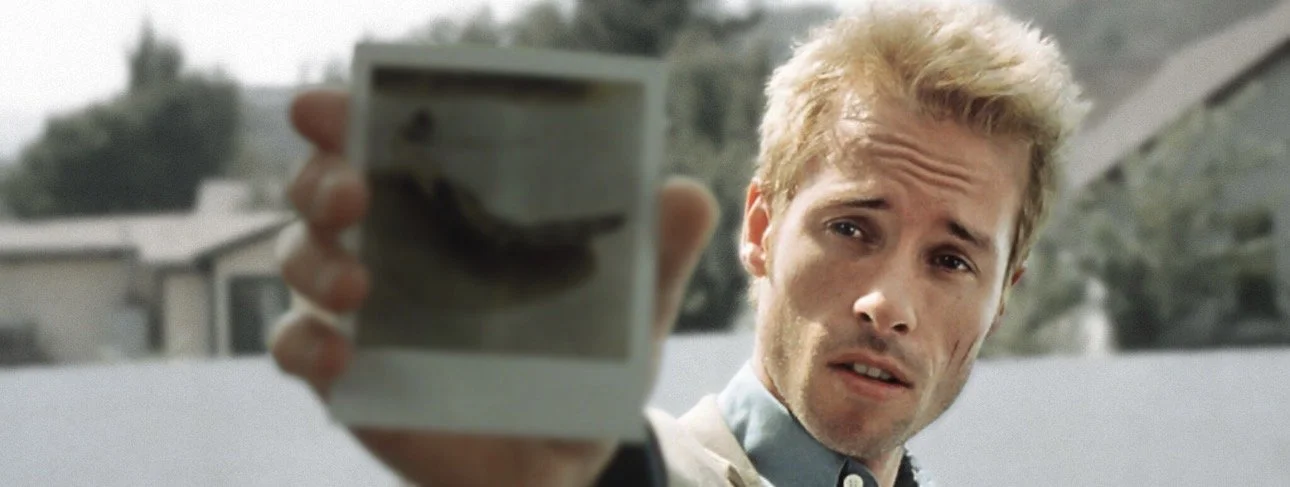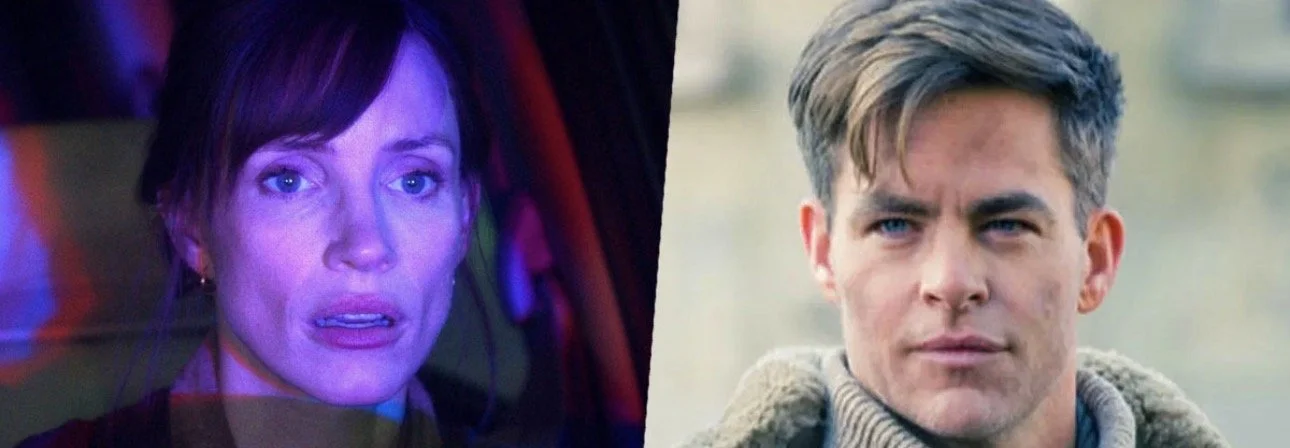Japan has long been at the forefront of content creation. Heavily involved in the manga, comic book, and cartoon industries, there was one area where, for a long time, it failed to thrive: cinema.
With its silver-screen offerings essentially written off by critics in the early 1990s, its work frequently struggled to enter the global mainstream – that is, until 1997, when it won international festival awards for five titles in the span of just twelve months.
Experiencing a dramatic resurgence in the decade thereafter, Japan has since reclaimed its position at the very pinnacle of the creative industries, and having undergone something of a cinematic renaissance, it has many titles that are worth a watch. Here are three of the best.
Mind Game (2004)
If there is one cultural contribution Japan is famed for, it is anime. With its unique aesthetic proving instantly recognizable, it has acted as the inspiration for numerous forms of content, from slot games like the Sailor Moon-inspired Moon Princess, which is available to play at online casinos such as Manekichi, through to films like Mind Game. Directed by Masaaki Yuasa, the latter is an impressively immersive film – one that takes viewers on a journey through the eccentric mind of a wannabe manga artist. Following his story as he’s reunited with his high-school love, it delves into the dark underbelly of the yakuza, whose dangerous world threatens to tear them apart.
Littered with unorthodox twists, the film sees the pair end up in the belly of a giant whale, where they’re soon confronted with a mysterious figure already trapped there. Odd as it may sound, its psychedelic visuals are impeccable, and its many unexpected turns are sure to take you on an exciting joyride that you’ll never forget.
Moon and Cherry (2005)
If you’re in the mood for something a little different, Moon and Cherry might appeal. Released in 2005, it’s representative of the many works that emerged from female directors during the first decade of the 21st century. The low-budget debut of Yuki Tanada, it tells the tale of a virginal student who joins his university’s erotic writing society. Constructed in the style of a sassy comedy, it turns the stereotype of female objectification on its head, by having its male lead seduced by the group’s only female member and then turned into the inspiration behind her literary offerings. Despite being little known outside of Japan, it offers a laugh-a-minute story that shouldn’t be missed.
United Red Army (2007)
If you fancy something more serious, we recommend that you watch this 2007 movie. A docudrama by Koji Wakamatsu, United Red Army portrays the lead-up to the infamous Asama Mountain Lodge Incident of 1972, when five members of a radical left-wing terrorist organization stood off against members of the police force in a confrontation that would drag on for an astonishing 10 days. Winning major awards at Berlin, it is divided into three chapters, which help to set up the political climate that led to the creation of the group and engender some degree of sympathy for the young and idealistic revolutionaries, who nonetheless committed some truly atrocious acts in their zeal for change.
Tell us, which of these films would be most to your taste?





